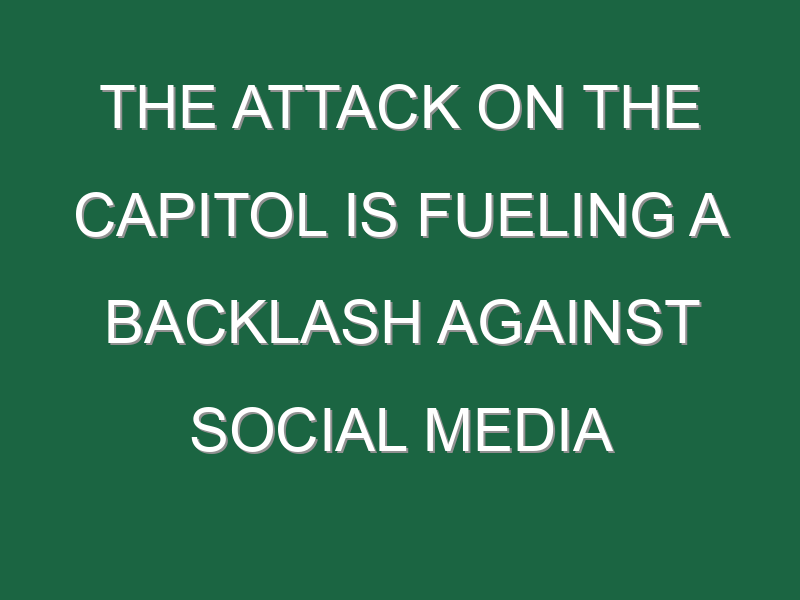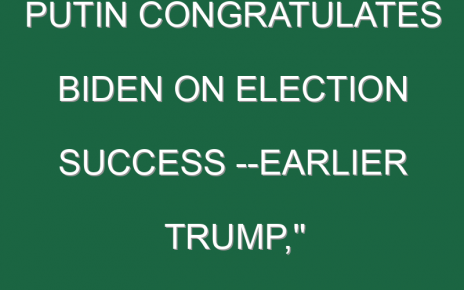This is the web version of Data Sheet, a daily newsletter on the business of tech. Sign up to get it delivered free to your inbox.
The shock waves from Wednesday’s attack on the U.S. Capitol continue to reverberate. And as Danielle explored in yesterday’s newsletter, the crisis is roiling social and online media, where the attack was discussed and planned ahead of time, incited in the moment, and debated afterwards.
In the past 48 hours, Facebook, Twitter, Twitch, and Snap all took President Trump’s accounts offline. Shopify took down pro-Trump stores and YouTube removed and labeled specific videos. And while some services including Twitter reinstated Trump’s accounts a short time later, Facebook CEO Mark Zuckerberg decided to keep Trump’s account shut down for at least two weeks.
“The shocking events of the last 24 hours clearly demonstrate that President Donald Trump intends to use his remaining time in office to undermine the peaceful and lawful transition of power to his elected successor, Joe Biden,” the CEO wrote in a post on Thursday. In the past, Facebook had allowed Trump to remain online “because we believe that the public has a right to the broadest possible access to political speech, even controversial speech,” he explained. “But the current context is now fundamentally different, involving use of our platform to incite violent insurrection against a democratically elected government.”
Still, the crisis has hardly settled the debate over the proper regulating or policing of social media in the future. And it’s already igniting calls for stricter rules, whether imposed by the industry or by new legislation.
Sen. Richard Blumenthal called for much stronger regulation of the companies. “They have done enduring damage to their own credibility,” he told the Washington Post, “and these events will renew and refocus the need for Congress to reform big tech.”
But former Facebook security chief Alex Stamos pushed back, arguing that there are no easy answers. “The platform policy conversation that is mostly incubated here and that dominates policy circles continues to be worryingly moralistic and simple,” Stamos wrote on Twitter. “These issues are tied up in the incentives and structures of the traditional media environment, the simultaneous weakness and power of US political parties, and really hard issues of privacy and free association.”
As Stamos implies, banning a figure from Twitter has little impact on traditional media like cable TV or the rise of more fringe online services like Parler. And it doesn’t stop allies and supporters who have not been banned from pushing the same messages.
“It’s a lot like playing whack-a-mole,” Mike Horner, director at the Center for Human Computer Interaction at Virginia Tech University, told Danielle yesterday. “You try to stop one claim and another one pops up. It’s really hard to stop.”
Zuckerberg’s strong move against Trump may be in part an attempt to get ahead of the fierce policy debate that is no doubt coming. The terms of that debate, as Facebook’s change signals, have shifted decidedly against the laissez-faire approach that has governed until now.
Aaron Pressman
@ampressman
[email protected]





